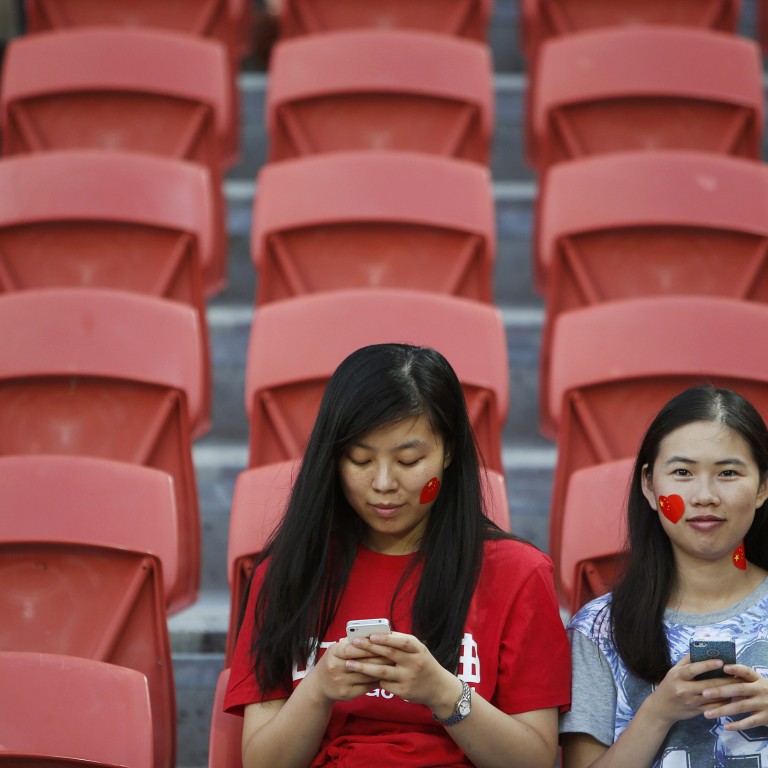
New | Top 5 mobile and instant messaging apps in China
Mobile instant messaging has become a key battleground for control of China’s internet services market. The country’s rapid growth in mobile internet usage and a smartphone user base exceeding 843 million has launched a new wave of smartphone mobile chat services that can be used to channel traffic to many other apps and websites.
SCMP staff reporters have examined the mobile messaging market in China, looking at both the dominant platforms and smaller firms jostling to carve out niche positions. Their inclusion in the below list is based on how innovative the apps are in terms of platform and services, as well as user base and popularity.
Though no match to WhatsApp or Facebook messenger, which have over 700 million and 600 million monthly active users (MAU) worldwide, WeChat - with 500 million MAUs as of the end of last year - is without any doubt the top mobile chatting app in mainland China. Begun as a project at Tencent’s research and project centre in Guangzhou - away from its Shenzhen headquarters - in 2010, it caught on very quickly, growing to 50 million users in its first year. Tencent has since expanded the app into a mobile platform, with payment, gaming and social media services.
Mobile QQ
Tencent’s QQ was first released in 1999 under the name of OICQ, which was changed to QQ after the threat of a trademark infringement lawsuit by ICQ, the owned by AOL. The mobile version had 576 million monthly active users as of the end of 2014, an increase of 33 per cent over a year earlier. Riding on the back on China’s mobile user base, it has remained a wildly popular platform for chatting, gaming and also shopping, though its growth is much slower than its stablemate WeChat.
Momo
The dating app turned social network allows users to connect with others in the same location and share free texts, audio notes, and photos often for flirting and dating over the internet. It generates most of its sales through membership subscription fees, and also by selling stickers and games. As of the end of 2014, the Alibaba-backed app had 69 million MAUs, more than double what it had a year ago.
Wangxin
E-commerce giant Alibaba needed a chat app that lets its huge Taobao user base communicate with each other, and simply serving this function has made Wangxin one of the most popular in mainland China. It lets buyers and sellers on the huge marketplace show status messages about a shop, make announcements, keep in touch with customers and offer customer service.
Youni
Owned by Shanghai-based online games and book publisher Shanda, Youni is a mobile commerce and messaging app that can be linked to a user's bank account to transfer small sums of money. It has carved a niche position for itself in the Chinese mobile messaging market by allowing users to easily trade unused items, as well as buy personal loans and make donations through the app.
